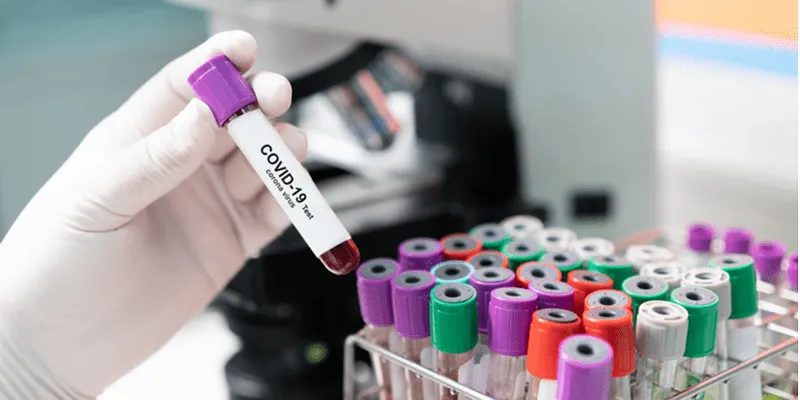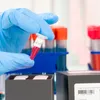Mapmygenome adds QR codes in its COVID-19 reports for efficient verification
Hyderabad-based Mapmygenome revealed the inclusion of QR codes in COVID-19 reports will help authorities access and verify the original report.
Hyderabad-based molecular diagnostics startup has now enabled the inclusion of QR codes in all COVID-19 reports to help authorities scan and verify the report online.
According to the official statement, all reports from Mapmygenome laboratories will have the QR code and information on the date, time of sample collection, and sample reporting.
This announcement comes in a few days after Dubai Health Authority’s new guidelines, which introduced QR code guidelines to ensure honesty in COVID-19 test result reporting.
As of now, Mapmygenome has two COVID-19 testing labs — at Rajiv Gandhi International Airport Hyderabad and at its corporate headquarters. According to the company, all samples collected are recorded to their in-house Laboratory Information Management System (LIMS), Biotracker™.
“This LIMS also has a BARCODE and QR CODE generating tool. Mapmygenome’s IT team has enabled the inclusion of QR code to all COVID reports. On scanning the QR code on the printed report, authorities can access the original report,” the official statement noted.

Image credit: Shutterstock
Mapmygenome CEO Anu Acharya said that this would help in tracking and preventing the further spread of COVID-19 with the increasing number of air travels.
“All passengers travelling via Hyderabad can take this test at the International Airport and receive QR-coded test reports. Our automated workflow enabled us to implement this change with zero downtime,” she said in a statement.
Mapmygenome, founded in 2013, was one of the first private diagnostic labs to receive approval from the Telangana State Government for COVID-19 testing. It analyses samples for SARS-CoV-2 from walk-in customers, healthcare partners, home collections, and corporate clients.
Last August, the startup had launched Covisafe™ for ensuring that COVID-19 samples are collected safely and infection risk is reduced for healthcare workers who handle the samples.
Edited by Saheli Sen Gupta








